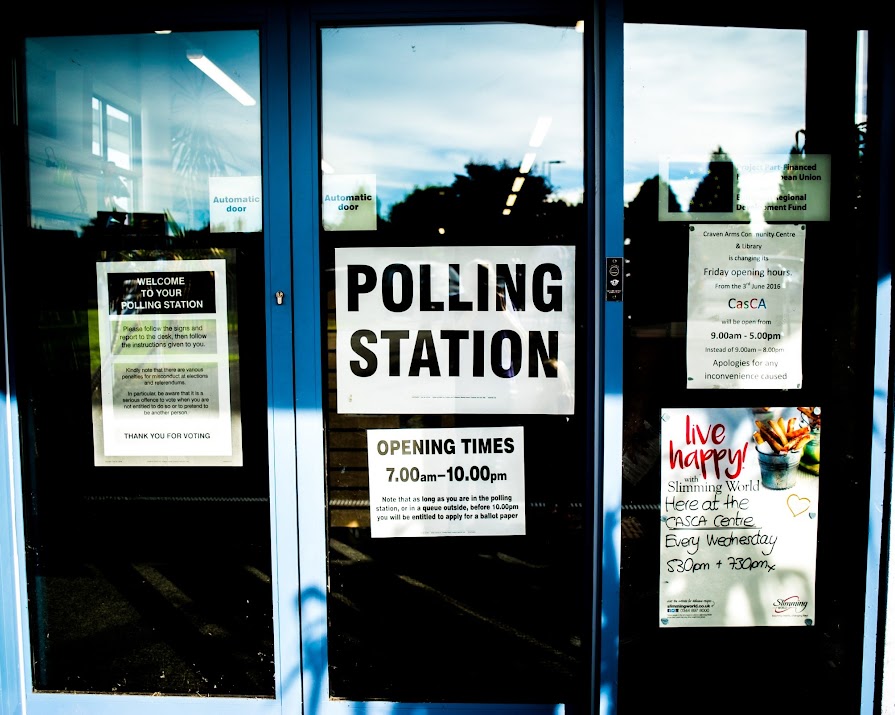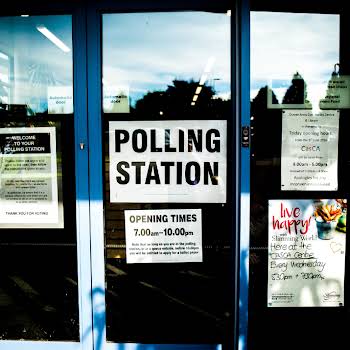
By Erin Lindsay
13th Apr 2018
13th Apr 2018
The referendum to repeal the eighth amendment of the Irish constitution will take place on the 25th May 2018. We’re now six weeks out from one of the most dividing referenda Ireland has ever seen but many are still undecided. With abortion being such an emotionally charged subject, it can be hard to make an informed decision, especially when many of us are still unclear on what exactly we are voting on. Both sides of the debate are passionate, but to make a clear decision that feels right for you, it’s important to focus on the facts and go from there.
What is the Eighth Amendment?
The Eighth Amendment, referred to as Article 40.3.3 of the constitution, is a clause that acknowledges the right to life of the unborn, equating it with the mother’s right to life. It reads as follows:
“The State acknowledges the right to life of the unborn and, with due regard to the equal right to life of the mother, guarantees in its laws to respect, and, as far as practicable, by its laws to defend and vindicate that right.”
The amendment was introduced after a referendum in 1983, when Irish citizens were asked to vote on the State’s abortion laws. It was passed at the time with 67% of the vote.
What are we voting on?
In May, the people of Ireland will be asked to vote on whether we want to repeal the eighth amendment i.e delete Article 40.3.3 from the constitution completely, and insert new wording which would allow the Dáil to legislate for new abortion laws for Irish women.
This means that, were the referendum to pass, abortion would not be available straight away. It means that the government would have the power to bring in new legislation that allows for abortion to take place under certain circumstances.
What are our abortion laws like now?
Right now, the Constitution allows women to travel to obtain an abortion in other countries. This means that women who have the means to travel can go abroad to have an abortion, but do not have access to medical care here in Ireland.
A small number of women are able to access abortion from the healthcare system. This is as part of the Protection of Life during Pregnancy Act, which gives parameters for an abortion to take place only if the pregnancy poses a risk of death to the mother. The woman must be assessed by up to three medical professionals in order to be approved for an abortion in these cases.
What will they be like if the referendum gets passed?
Although new laws for abortion have not been explicitly outlined, the Oireachtas has indicated that these laws will allow for abortion under the following circumstances.
- A woman may access an abortion for any reason up until the 12th week of pregnancy, with certification from a medical practitioner
- 72 hours must elapse between the certification and the termination being carried out
- Beyond 12 weeks, abortion would only be available in exceptional circumstances
- These include where there is a serious risk to the health/life of the woman, in situations where there is a fatal foetal abnormality, or in situations of rape or incest
The Dáil has said that the laws will not be made fully public until and if the referendum to repeal the amendment has passed. The above parameters are what the Dáil has indicated to be included in these laws.
How do I vote?
The referendum takes place on the 25th of May this year. To vote, you must first check that you are on the Electoral Register. You can do that by visiting www.checktheregister.ie. If your name is on the register, you will need your polling card (which will be delivered by post to your home address before the vote date) and photo ID to vote on the day.
If your name is not on the register, you can apply to be included on the supplementary register. To do this, you need to fill out form RFA2, which is available from your local Council or online at www.checktheregister.ie. This has to be returned to your local authority at least 14 days before the vote.























